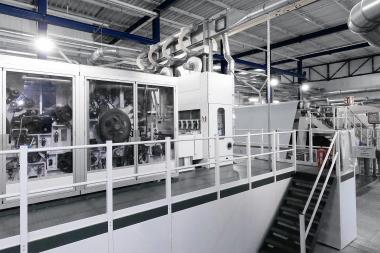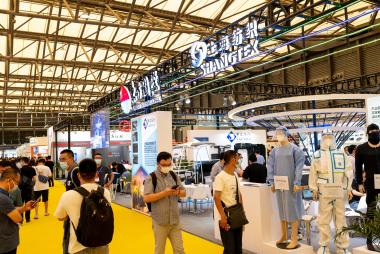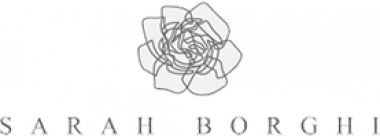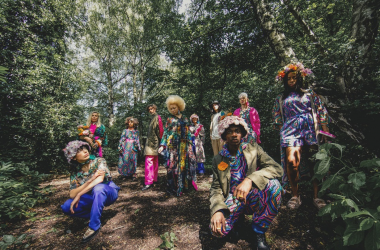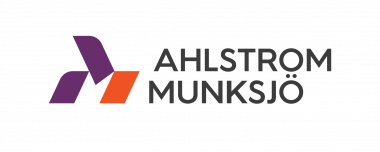Trützschler Nonwovens at IDEA
IDEA, the North American nonwovens show, will take place in Miami from March 28th to 31st. Trützschler’s booth focuses on the needs of the American market. It's about local service, the efficient production of sustainable nonwovens and the digital support of production processes.
Tomorrow’s products are sustainable
In addition to the in-depth know-how, Trützschler Nonwovens has a broad portfolio of line concepts for the production of sustainable, biodegradable nonwovens. Cotton is an important raw material for American producers, which is why Trützschler is showing solutions for processing raw cotton, comber noils and blends of viscose and cotton. Another focus is on the Voith/Trützschler concepts for wet-laid, hydroentangled WLS and CP nonwovens. Nonwovens made from viscose fibers and NBSK pulp, the raw material for the paper industry, not only offer a good cost/performance ratio, but also a small CO2 footprint.
Digital solutions optimize the production floor
In order to ensure lasting quality, Trützschler Nonwovens presents a modular, digital work environment that systematizes, digitizes and simplifies typical work processes. With the help of Industry 4.0 technologies, line, process and quality data relevant to a production lot can be stored, aggregated, visualized and analyzed with regard to process improvements.
Trützschler USA
With its headquarters in Charlotte, North Carolina, and more than 100 employees, Trützschler USA is the first point of contact for all matters relating to American nonwovens producers. The company is able to equip and convert machines according to customer specifications (certified UL508A panel shop), carry out factory acceptance tests and a wide range of repairs in Charlotte.
Trützschler Nonwovens & Man-Made Fibers GmbH


